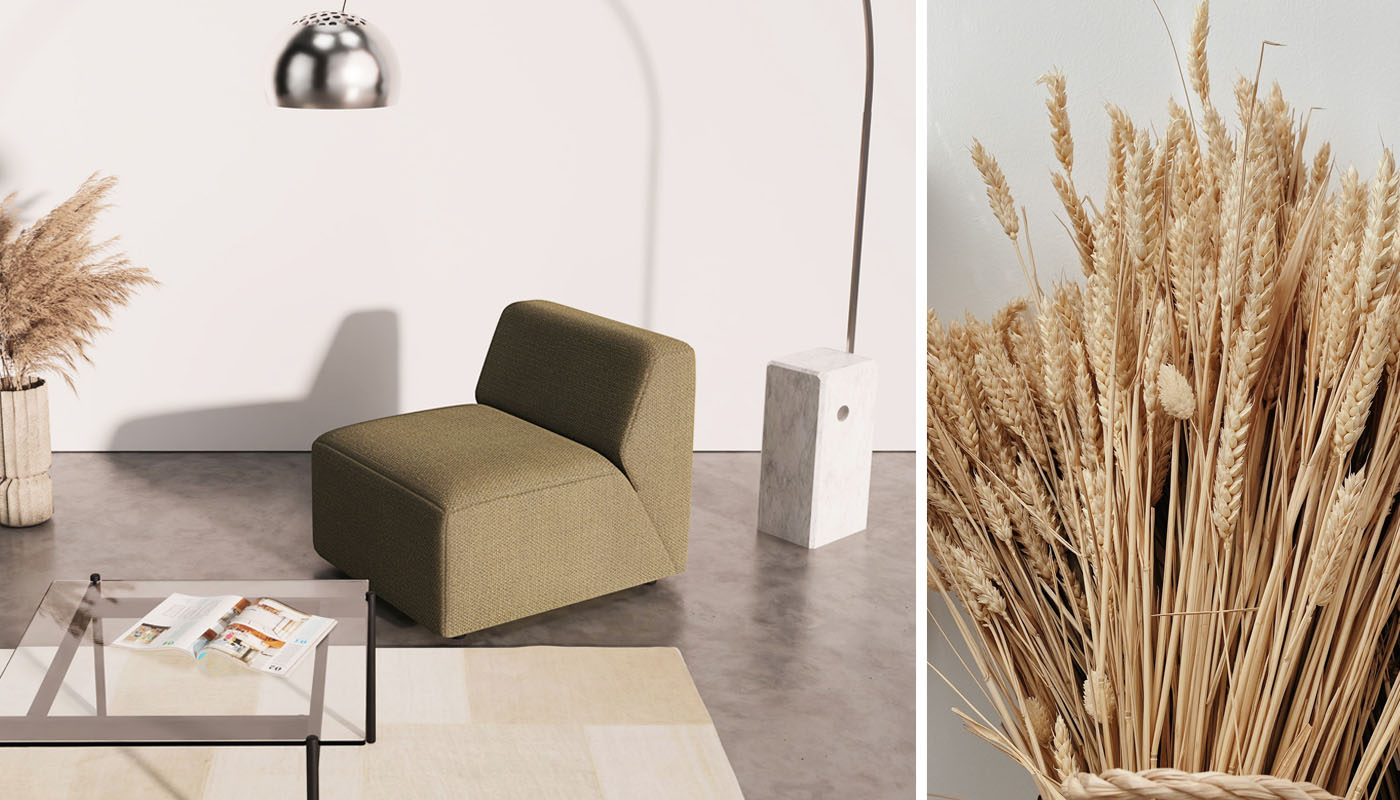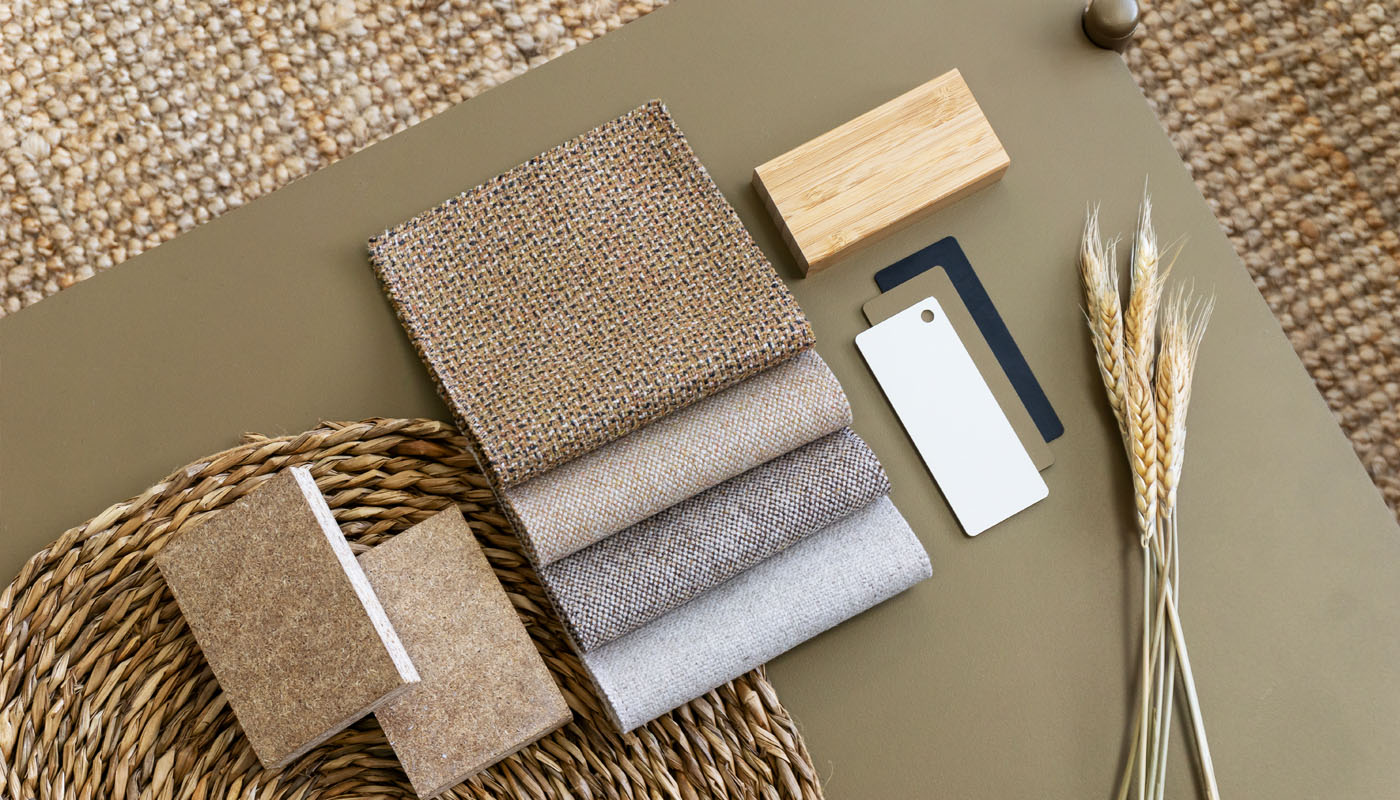Sedir: Material Matters
News
A world where CO2 emissions are minimal, the impacts of climate change are reversing, landfill sites are becoming redundant and material wastage is at an all-time low. It sounds a long way off but it is possible.
We’re aware that change must start now, no matter how small we all must do our bit. At sixteen3 we’re making an effort to replace outdated, less environmentally friendly materials with innovative, sustainable alternatives. Carefully selecting materials as we develop our products, we can begin to set the foundations for a sustainable future.
With this in mind, we’re introducing our reimagined Sedir range. Now constructed from highly sustainable frame materials produced using agricultural waste, a great alternative to traditional, less renewable wood-based materials.
Inspired by tradition.
Sedir takes its name from the luxurious seating layouts which are synonymous with Ottoman palaces. A modern interpretation of the long, low, comfortable sofas which are effortlessly adaptable. Create benches, chaise longues, seating islands and expansive sofa layouts, Sedir can be whatever you want it to be.
Consciously designed for exceptional levels of comfort, Sedir has been skilfully handcrafted using superior quality upholstery foams and fibres and elasticated seat webbing. Simple design, perfectly balanced proportions and understated aesthetics give Sedir an elegant and timeless appeal.
Ecological alternatives.
We’ve substituted conventional composites in favour of ecological alternatives. Sedir frames are now constructed using 62% AFB (Agricultural Fibre Board), a natural, continuously renewable by-product of the agricultural industry.
Straw and reeds are left-over materials which would usually be disposed of by composting or burning. Both disposal processes release any CO2 the plants have absorbed throughout their growth into the atmosphere, partially undoing any positive environmental effects the crops have on our planet.
Instead, by repurposing these by-products the carbon absorbed during their growth is stored and the environmental implications are negated.
Carbon negative.
AFB requires minimal energy to produce. The by-products used are already available, meaning fewer processes are required to obtain raw materials. Production is fast compared to conventional composites, straw and reeds require minimal drying time in comparison to wood-based products.
At the end of its life it is 100% recyclable, it’s also biodegradable and can be composted.
The carbon-absorbing and renewable properties of the agricultural by-products, combined with the low energy processes and recyclability means AFB is not just carbon neutral, it’s carbon negative.
By utilising this cutting-edge material our Sedir range now has a much lower carbon footprint than ever before. Our sustainably enhanced design now boasts 59% recycled content thanks to the new and improved frame construction, as well as making Sedir 96% recyclable.


